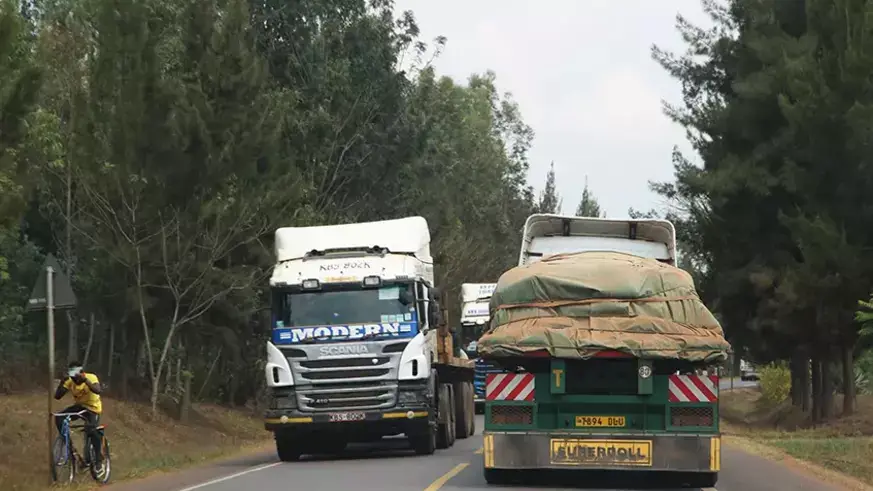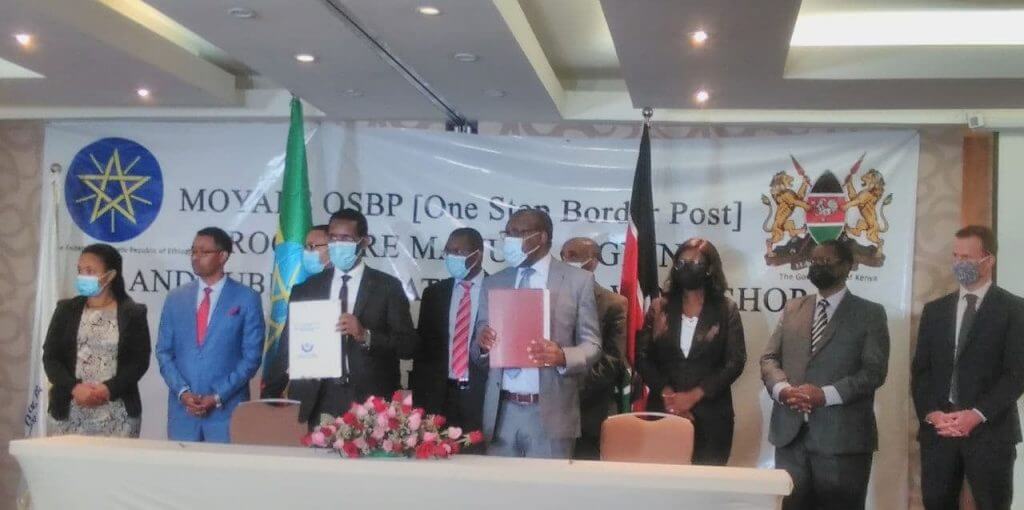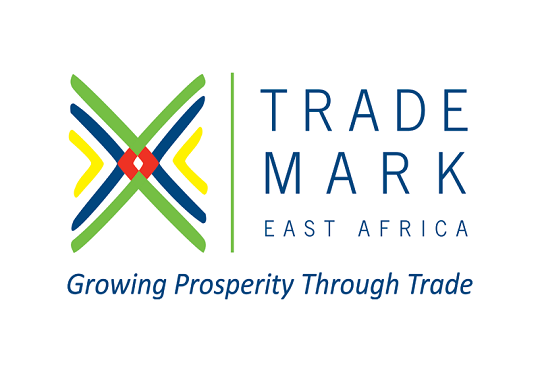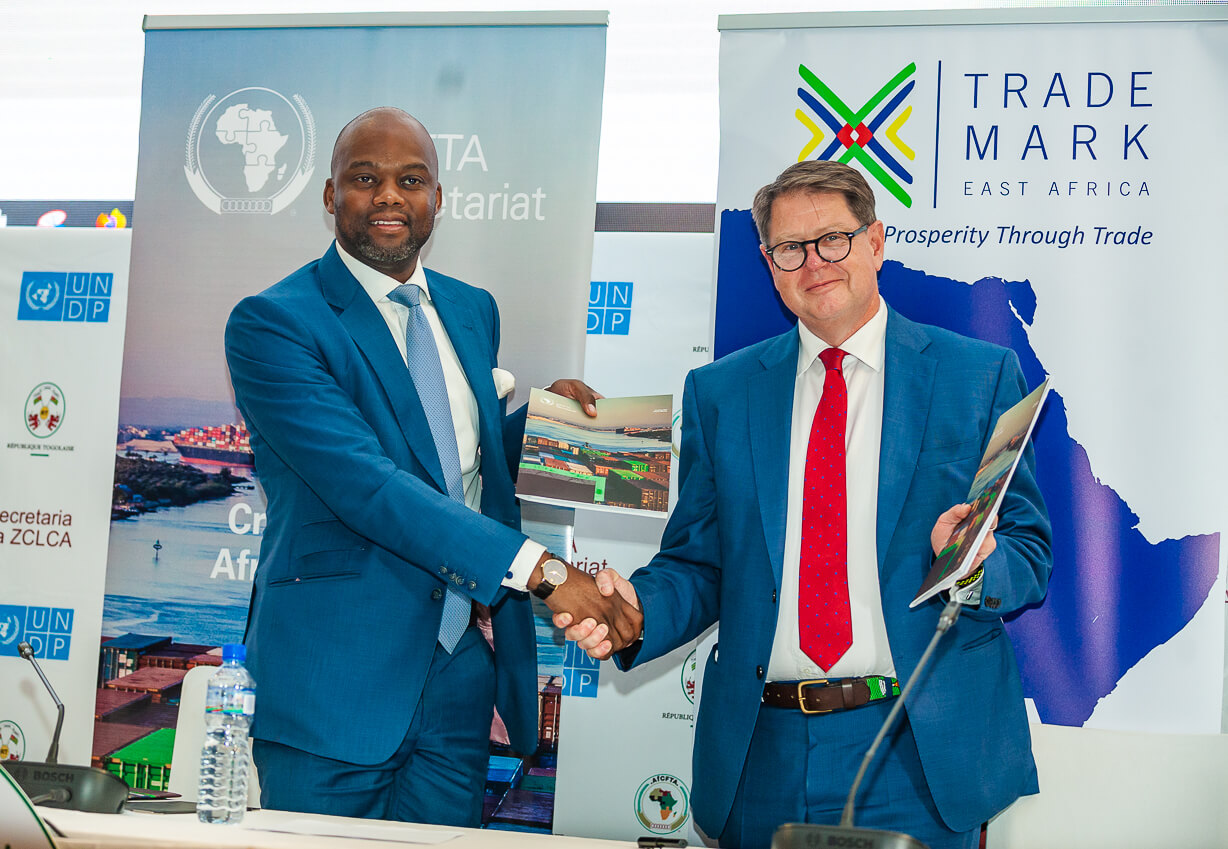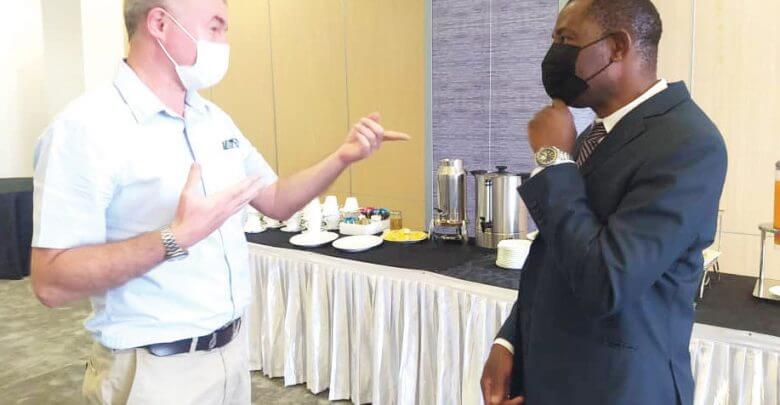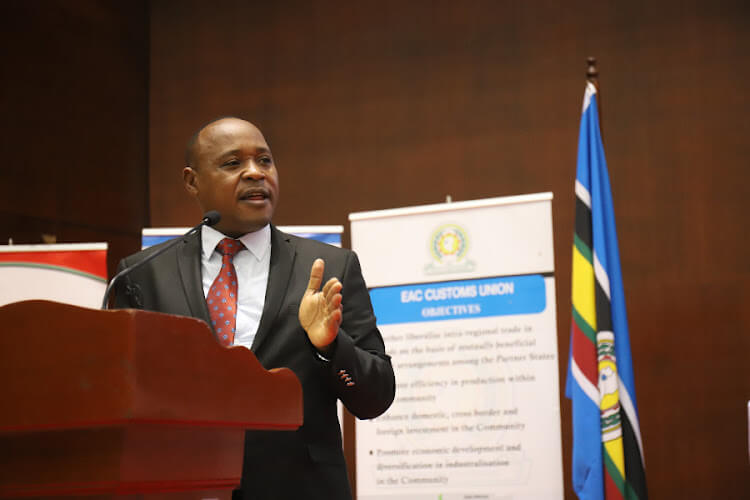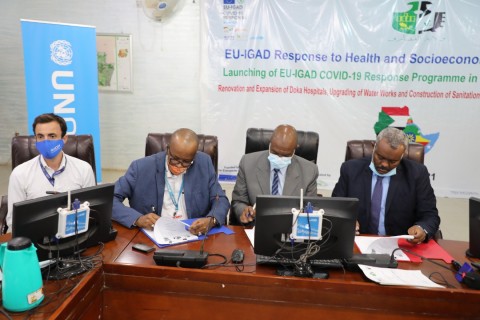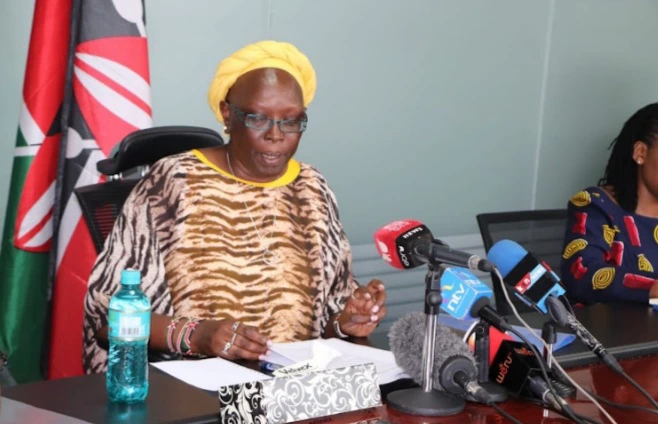Department of Economics, Faculty of Management Sciences, Mangosuthu University, Umlazi 4031, South Africa Academic Editor: George R.G. Clarke Economies 2021, 9(4), 135; https://doi.org/10.3390/economies9040135 (registering DOI) Received: 7 July 2021 / Revised: 21 August 2021 / Accepted: 25 August 2021 / Published: 24 September 2021 Download PDF Abstract Maritime transport remains the main gateway to the global marketplace. Ocean ports are a central and necessary component in facilitating trade. Ports are essentially a channel of integration into the global economic system. Resourceful and well-connected container ports empowered by regular and consistent shipping services are key to reducing trade costs, including transport costs, connecting supply chains and supporting global trade. Consequently, port performance is an important factor that can influence countries’ trade competitiveness. However, for Africa, the ports are dilapidated, lack essential infrastructure, are congested and perform poorly. Africa’s shipping and ports do not always match global trends and standards. In light of this, this study seeks to assess Africa’s current port performance and test the relationship between Africa’s port performance and trade performance. Very few studies have attempted to investigate the impact of port performance on trade. Hence, it was worthwhile to study the impact of port performance on Africa’s trade. The study used panel data that covering the period 2005–2018. An ARDL panel technique was used for estimation purposes. Results showed that port performance positively affects trade. This study argues that African ports require expensive infrastructure to be able to compete successfully. Africa needs to pursue an intensive course of infrastructure development...
The Impact of Port Performance on Trade: The Case of Selected African States
Posted on: September 27, 2021
Posted on: September 27, 2021


